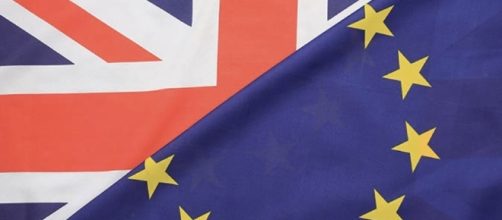British Prime Minister, Theresa May has set out Britain's negotiating position ahead of the start of formal negotiations with the EU, rejecting the concept of Britain remaining within the EU single market. Several other points were touched upon in the speech, including immigration, a phased transition period for withdrawal from the EU and continued cooperation with EU intelligence organisations but it her remarks concerning the single market which have garnered the most attention.
Britain currently has tariff-free access to over half a billion consumers within the single market, yet EU leaders and negotiators have consistently reminded and stressed to Britain that such access goes hand in hand with other obligations, chiefly freedom of movement between EU nations.
Theresa May has therefore decided to risk being barred from the single market and being exposed to the imposition of punitive tariffs on British goods to be able to have complete freedom to reduce immigration levels into Britain, which was one of the deciding factors in the June referendum.
British PM warns her EU rivals
Yet the British prime minister remained positive that an alternative tariff-free trade agreement could be struck with the EU, arguing that it is was in both parties interest to have such a deal and also warned her European counterparts against sparking a trade war with Britain which would be 'calamitous self-harm for the countries of Europe and it would not be the act of a friend'.
This comment follows remarks made by the Chancellor of the Exchequer, Philip Hammond, who warned that if Britain were barred from the single market it may choose to aggressively slash cooperation tax and become an attractive tax haven on the borders of the EU.
Immediate reaction
The speech ends months of speculation on what Britain's negotiating position will be and has already caused a backlash at home with Labour, Liberal Democrats and SNP members of parliament voicing opposition to the government's adoption of 'Hard Brexit'. It will remain to be seen whether EU leaders strike a similar strident tone ahead of formal talks or whether Theresa May's strong opening gambit will force a more conciliatory tone from the EU.

